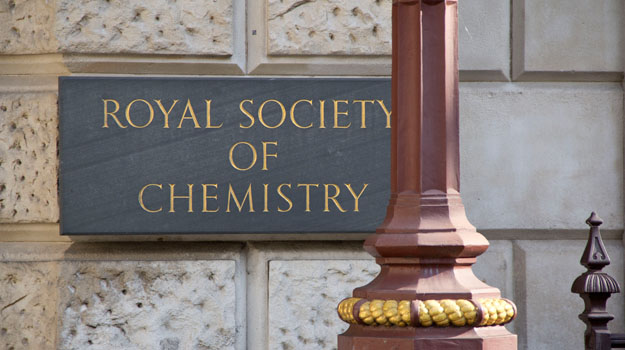Emeritus Prof John Kelly, of the Department of Chemistry, has been made a recipient of the Royal Society of Chemistry’s Rita and John Cornforth Award 2016, in recognition of his research into the processes leading DNA to become damaged.
The award, handed out annually by the Royal Society of Chemistry, recognises collaborative research within the disciplines of chemistry and life science. Kelly was awarded the prize alongside Prof Christine Cardin of the University of Reading and Dr Susan Quinn from University College Dublin.
In a press release, Kelly stated that he was “delighted” that their collaborative work had been recognized. “My interests have always involved exploring photochemical reactions, and to fully understand the processes occurring from the initial absorption of a photon to the formation of a permanent product”, he said.
The research, carried out by the Dublin-Reading DNA Consortium, used specially synthesised molecules to see how and where on DNA they bind. These reactions usually involve short-lived chemical species which are damaging to DNA and cells inside the body. These reactions often last for a single picosecond, which is a billion times faster than a millisecond. Using specialist crystallography and laser technology, the three researchers were able to provide snapshots capturing what is involved in the damaging of DNA.
This research should help in the fields of cancer medicine and drug development, and adds to the growing field of research that has shown how visible light irradiation of the compound in cancer cells can help contribute to their destruction. Indeed, such a process has recently been demonstrated by Trinity professors Thorri Thorri Gunnlaugsson and Clive Williams.
The scientists worked in the Rutherford Appleton Laboratory, which enabled them to follow the vibrations of molecules in DNA crystals and follow the movement of the electrons that lead to DNA damage.
This latest breakthrough by Kelly and his team will also allow further development of research into the direct ultraviolet excitation of DNA in crystals, which should lead to a better understanding of the processes that cause DNA photo-damage.
The award is named for Nobel Laureate, John Cornforth, and his wife and research partner, Rita Cornforth.







